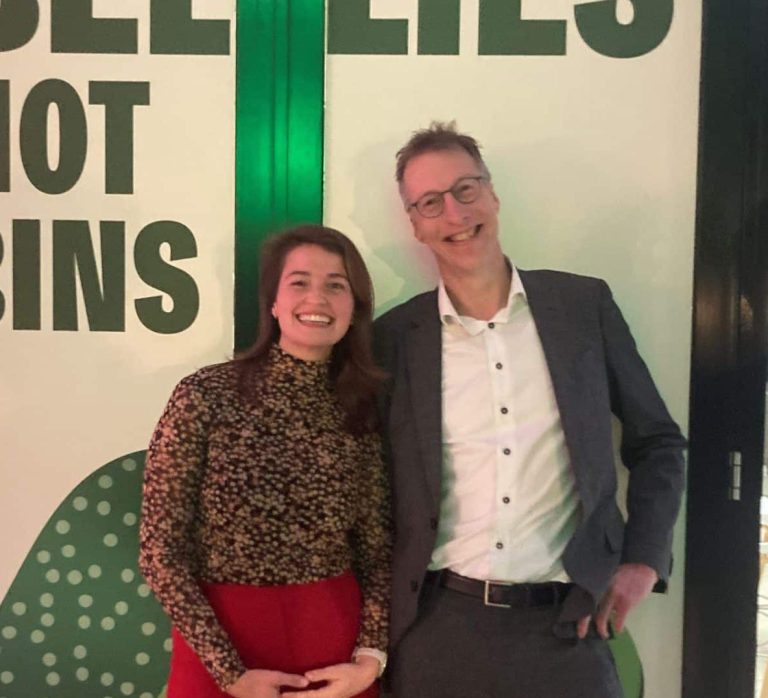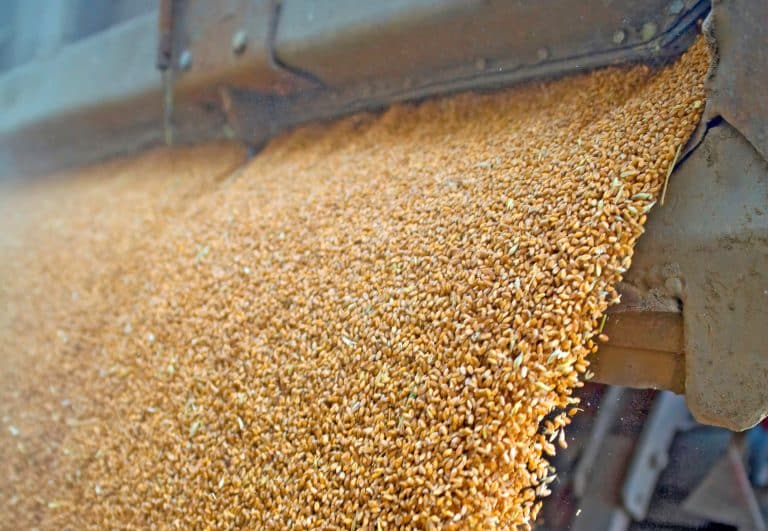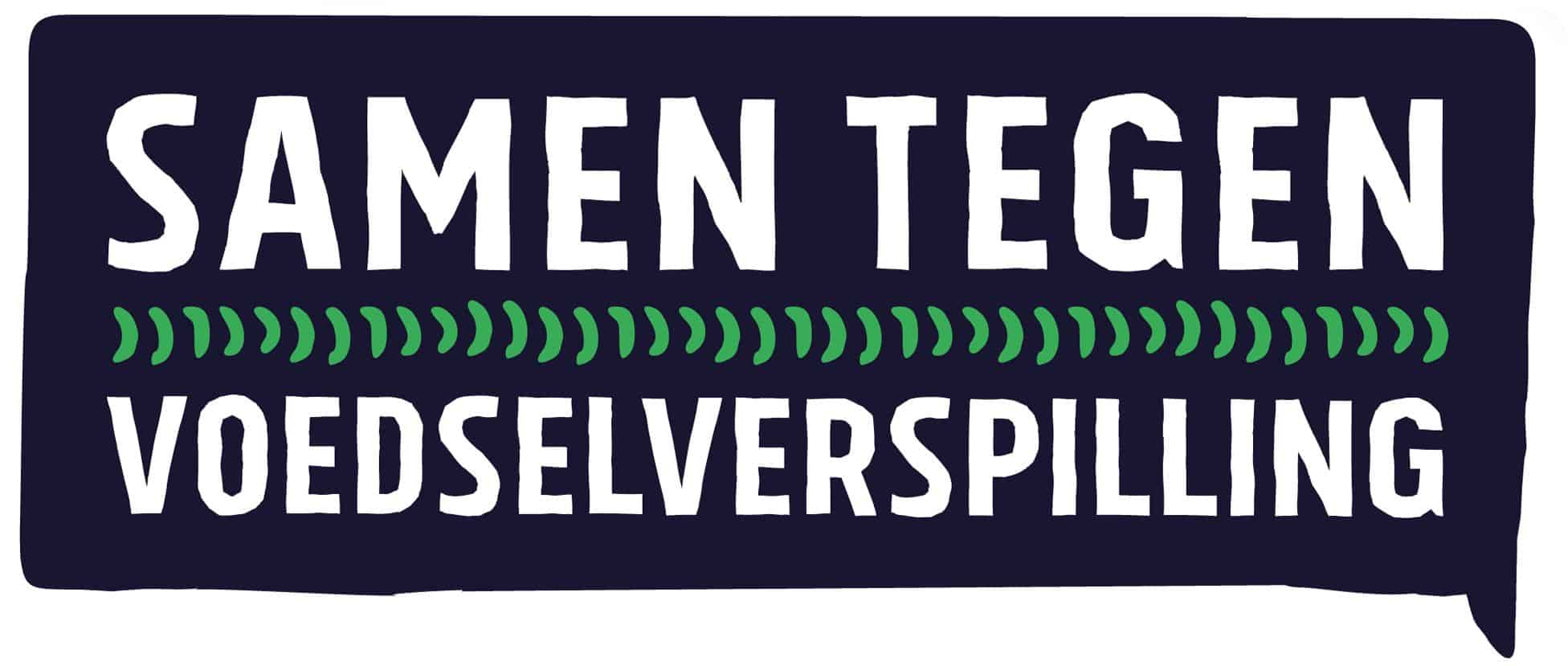Circular the norm
“Of all food produced worldwide, over a third is never consumed,” says Toine. “When you consider the fact that a third of greenhouse gas emissions is related to our food system, this means that eight to ten percent of greenhouse gases are released worldwide for no reason at all.” So, reducing food waste is an effective way to reduce our food footprint, but according to Toine, requires a change within the system. “We are working towards creating a food system in which ‘using everything’ progressively becomes the norm: from linear to circular.”
Changing the playing field
The foundation uses a systematic approach to food waste reduction. This means that action is taken together with companies, government authorities and social organisations to combat waste throughout the entire chain. A total of 120 organisations are already affiliated with the foundation as a stakeholder. Toine explains, “What is most important is that we jointly build a story about preventing waste and show that things can be done differently. By not only preaching, but also inspiring, we work together with the sector to create a positive standard.” A number of companies and organisations within the foundation are grouped into clusters that focus on, for example, bread or circular animal proteins. “By combining strengths within a cluster, you can change the playing field,” says Toine.
Over five million tonnes
Since March 2023, Duynie, part of Cosun, has been a stakeholder in the Samen Tegen Voedselverspilling foundation. Duynie focuses not only on preventing food waste, as do many of the existing stakeholders in the foundation, but just as much on converting organic residues from animal feed into human food. Nicole comments, “It all started back in 1968 with Arie Verduyn, Jan van Nierop and a single truck, which was used to pick up brewers’ grains and potato products for use as local animal feed. With its 55 years of experience and entrepreneurial culture, Duynie has developed into a company that gives over six million tonnes of by-products from the food and biofuel industry a new circular use. These products are still packed with nutrients! We can then convert them into circular animal feed and innovate them for technical uses, pet food and even human food. With our newest innovation, we have succeeded in separating the protein from brewers’ grains, which in turn can be used to replace soy protein, for instance, in meat substitutes.”
From small player to circular role model
According to Toine, waste prevention may be most important of all, but utilising waste flows as much as possible is also essential. “But to arrive at ‘total use’, the chains need to be more versatile. It can be challenging with natural products because of spots or patches that need to be removed, but that’s nature. A factory can also experience a technical malfunction, making it no longer possible to process products, such as a french fries factory. Maximum value needs to be extracted from the raw materials that remain. This is the primary focus at Duynie, which collects residues and examines ways to utilise them as best as possible in the chain.” Nicole adds, “In this sense, Duynie’s work aligns with the mission of the Samen Tegen Voedselverspilling foundation by showing that it is possible to build a successful company on a circular business model. We do this not only in the Netherlands, but throughout Europe.” “Exactly,” adds Toine, “which means that Duynie offers more than just a one-off solution, but a long-term total solution.”
Increasing the value of products together
Duynie sees lots of opportunities in its affiliation with the foundation. Nicole comments, “Chain change takes a joint effort. The Samen Tegen Voedselverspilling foundation has a large network of knowledge institutions, companies and social organisations. We have our own network and innovations that enhance the value of products to an increasingly higher level. By entering into this partnership, we can help each other to increase the economic value of products and make circularity the norm.” This can be achieved through knowledge sharing and inspiration, as well as on the practical level. “If another partner of the foundation is looking for a sustainable solution for a specific type of residue, such as a dryer for preserving a waste flow, we may very well have a number of options to offer.”
Stakeholder event
The Samen Tegen Voedselverspilling foundation organises a stakeholder event for all affiliated partners each year. Toine explains, “During the event, new forms of collaboration always emerge spontaneously. It is an ecosystem full of people with a mindset to address waste.” At the stakeholder event, organisations are given a platform to show what they are working on and inspire others, as well as to come up with new scalable solutions together.
Want to do more to combat food waste? Have a look at https://samentegenvoedselverspilling.nl/ and take part in Waste-Free Week..



